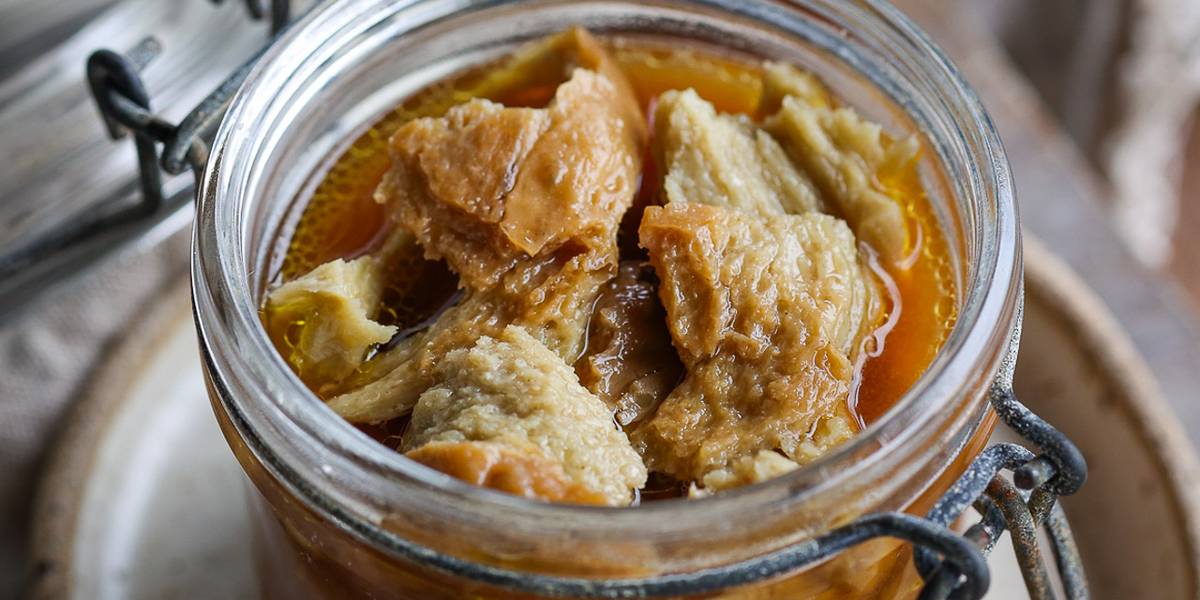Originating from East Asian cuisines, seitan has been a staple for centuries, particularly in Chinese and Japanese cooking. Buddhist monks developed a technique of washing wheat dough to remove the starch, leaving behind a protein-rich gluten. This gluten can be cooked and used as a meat substitute, making it a perfect textural substitute for chicken in many recipes. The name “seitan” is derived from the Japanese words “sei,” meaning “to be, to become,” and “tan,” meaning “protein.” This traditional method yields a chewy, satisfying texture, perfect for absorbing flavours in a variety of dishes.
Source link
